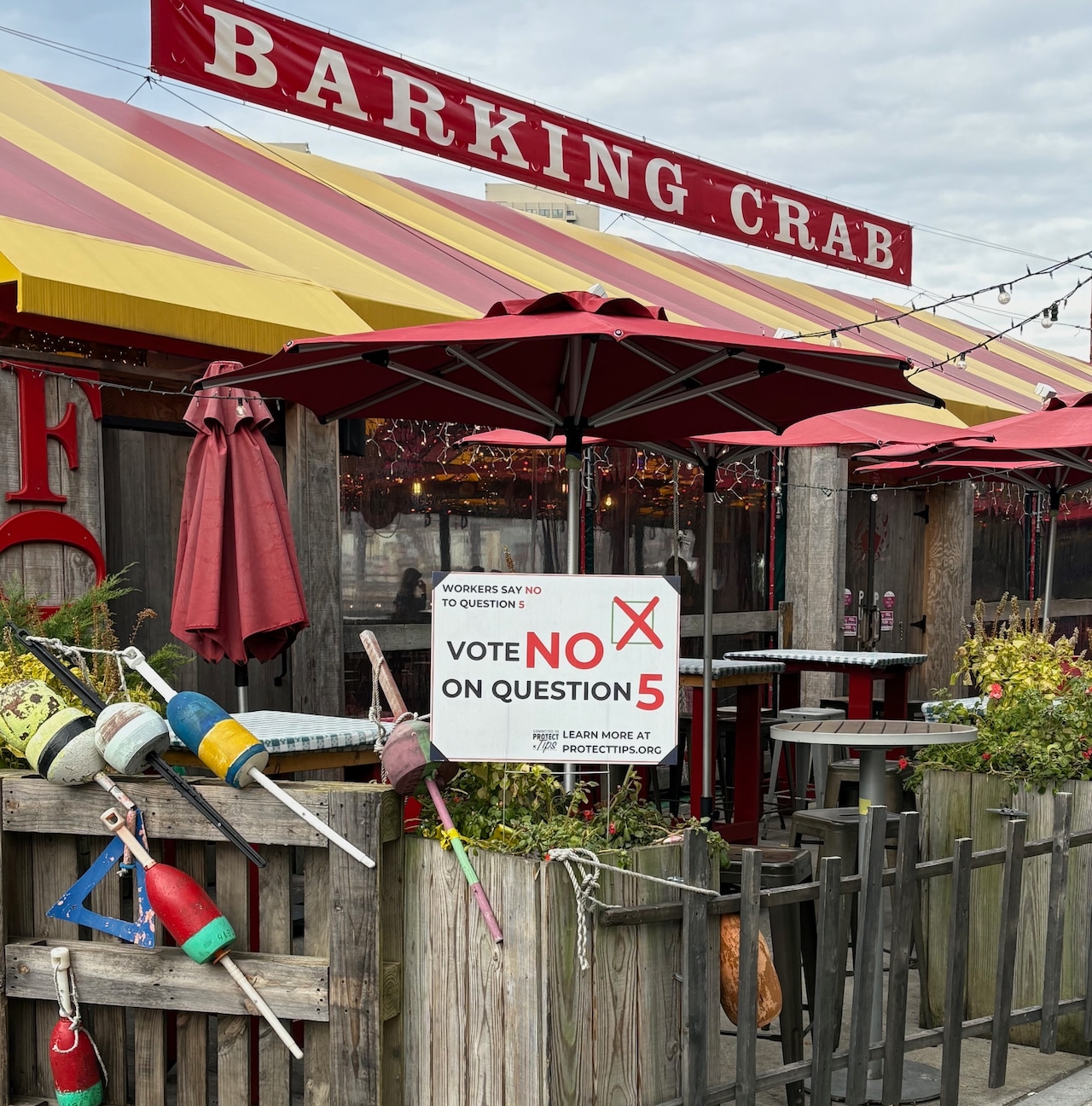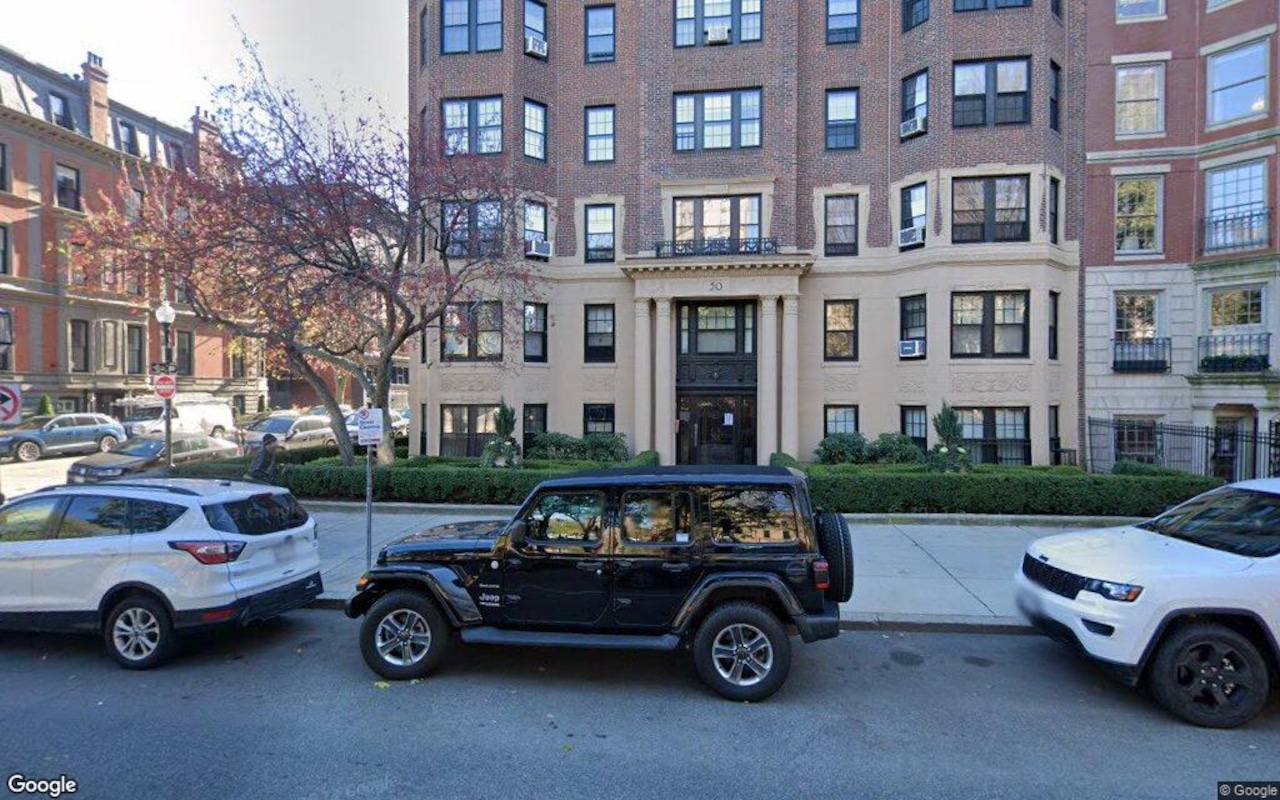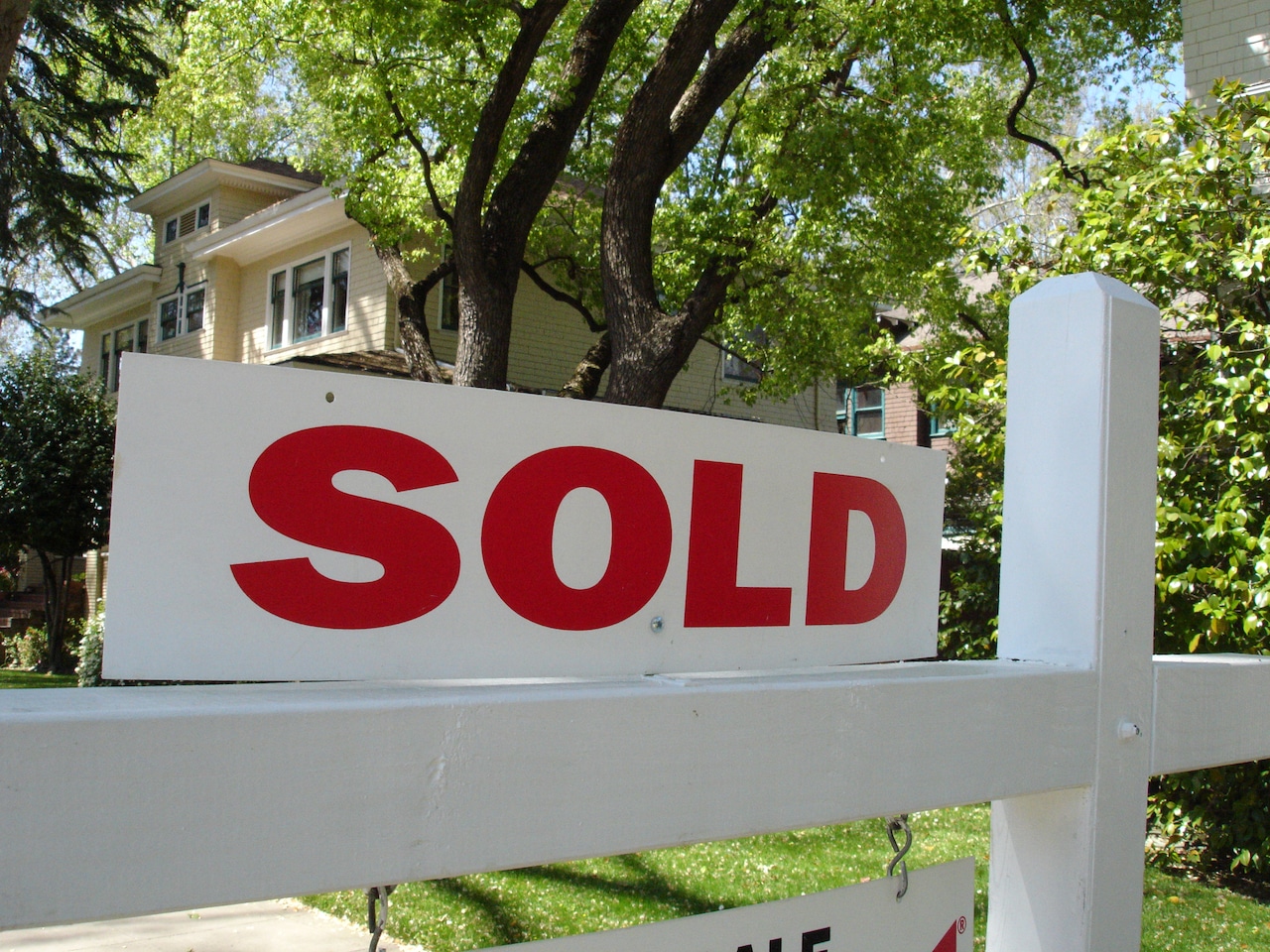
Massachusetts voters have rejected a ballot measure to pay the state’s tipped workers $15 an hour independent of the gratuities they receive from customers.
Tipped employees — an essential part of the bar, restaurant, hotel, and other service industries — are compensated through a distinctive system that allows for hourly wages as low as $6.75.
But with tips added, their pay must equal at least $15 per hour, the state minimum wage. If tips don’t reach that mark, employers must cover the difference.
The referendum voted down Tuesday, appearing as Question 5 on the state ballot, would have gradually eliminated the tiered wage system now in effect, raising hourly pay of all tipped workers to at least $15 in the coming years. Tips will continue to be added to their compensation.
Supporters of the change cast it as a way to increase and stabilize the pay of service employees who struggle to make a living relying on customers’ inconsistent gratuities.
Opponents, however, warned the proposal would ultimately diminish the paychecks of workers who can currently earn far more than $15 per hour when tips are factored in.
They also cautioned against a move that could raise operating costs for bars and restaurants at a time when many are struggling.
The ballot measure seemed poised to fail by a wide margin Wednesday morning. Unofficial results showed voters rejecting it, 63.9% to 36.1%, as of 6 a.m., unofficial tallies showed.
The campaign opposing the measure declared victory.
“This is a testament to the hard-working servers and bartenders that volunteered for the campaign to say we don’t want this,” Massachusetts Restaurant Association President Steve Clark said, according to State House News Service. “Thousands of servers came together to educate the voters about the detrimental impacts of this question. This is a great night for the hospitality industry.”
The question also was on voters’ minds as they headed to the polls.
Joe Ward, 46, a firefighter and EMT from Dorchester, was among them.
“I don’t know how the restaurants are going to survive,” he said.
In Newburyport, restaurant workers also came out in opposition to the ballot question.
Phillip Wynne, an owner of the Port Tavern in Newburyport, said passing Question 5 would be “the nail in the coffin for a lot of places. I think it’s going to hurt the smaller restaurants,” he said. “And it will force us to increase prices in a market that is already overpriced.”
Servers would ultimately end up making less money, as well. he said.
Also opposing Question 5 with Wynne was Peter Murphy, a bartender at Agave Mexican Bistro in downtown Newburyport.
He said the restaurant industry has struggled significantly since the COVID-19 pandemic, and that the ballot question is “bad timing.”
Murphy added that he doesn’t think the state should have ballot questions as such.
“Why does someone else get to vote on how I make a living?” he said. “You can’t just change a whole industry like that.”
The question of how to pay tipped workers is not novel nor unique to Massachusetts.
Seven states require businesses to pay tipped employees the standard minimum wage before including gratuities.
One Fair Wage, the advocacy group pushing the ballot measure, is a national organization supporting similar referendums in other states.
“Our campaign this year was just another step toward winning what is inevitable: a future in which all MA service workers are paid a full, fair minimum wage with tips on top,” One Fair Wage President Saru Jayaraman said in a statement. “This year in [Massachusetts] we fought an uphill battle against millions of dollars in corporate influence, false claims, and fear tactics, and we came closer than anyone thought possible. The fight for fair wages is far from over, and we will continue organizing to ensure that every worker in Massachusetts receives the dignity and respect they deserve.”
Restaurant industry groups led the opposition.
The largest contributions to the Committee to Protect Tips, the campaign against the ballot measure, came from the Massachusetts Restaurant Association and the Darden Corporation, an Orlando-based company behind restaurant chains such as Olive Garden, Yard House and Seasons 52.
Tipped employees number more than 123,000 in Massachusetts, representing about 3.3% of the state workforce, according to a University of Massachusetts Amherst study released in October.
While men make up just over half of all state employees, women outnumber men two-to-one in tipped jobs. Including base pay and gratuities, the average tipped worker earns just over $20 an hour, 35% below the statewide average pay, UMass researchers found.
Their study pointed to the possibility of a modest cost increase for the average restaurant — about 2%, or $1 on a $50 meal — if it were forced to pay the $15 minimum wage.
A Tufts University analysis also found higher labor costs would drive businesses to introduce new service fees, raise prices and reduce hiring.
Researchers at the Tufts University Center for State Policy Analysis concluded consumers would pay more and businesses would potentially see lower profits.
Yet the changes would also likely increase the earnings for waitstaff, bartenders and other tipped workers, their study found.
The measure also included language allowing tips to be shared with employees who do not regularly interact with customers, such as kitchen staff or cleaners.
The practice, known as tip pooling, could also equalize pay between front- and back-of-house workers, the Tufts study reported.
MassLive Politics Editor John L. Micek and Reporters Hadley Barndollar and Tréa Lavery contributed to this story.






